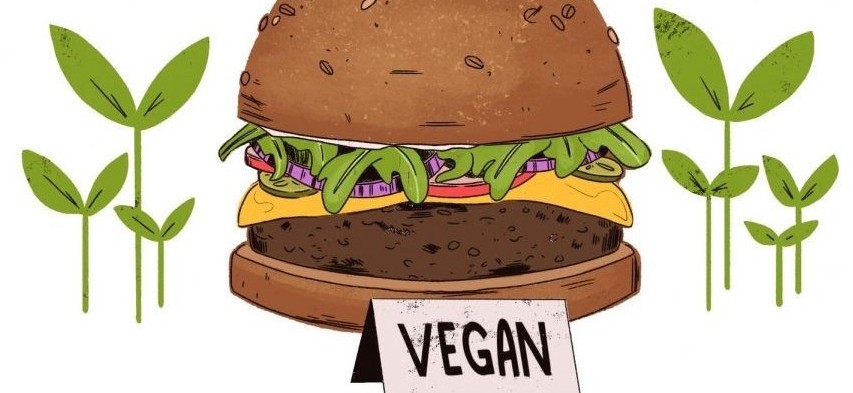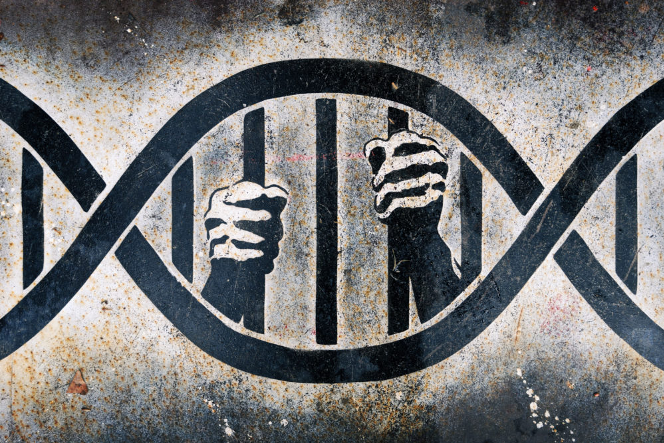
(Source) “Life is a marathon, but minority runners often start the race from further back than do whites.” Do you agree or disagree with this quote? How about in the context of higher education? It is no secret that increasing diversity in higher education is a goal for many educational institutions. Affirmative action is

(Source) Since the late 1950’s the National Labor Relations Act has not seen any significant changes, allowing laws that were meant to govern a very different time period to remain as the bedrock of collective bargaining. Today, unionization rates demonstrate the challenges that unions are facing, with only 10.5% of the American workforce being

(Source) As the unionization rate in America continues to decline, union leadership has been searching for new industries, groups, and workplaces in which they might have success with unionization campaigns. One sector of employees that unions have been exploring is graduate students. While the National Labor Relations Board (“NLRB”) has swapped positions on allowing






